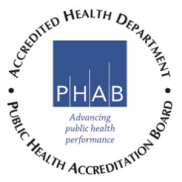Children who experience adversity in the first years of life are more at-risk for negative social, emotional, educational, behavioral, cognitive, and health outcomes throughout their lives. Childhood adversity has many faces, including:
- Poverty;
- Toxic stress;
- Fractured families, including divorced and/or incarcerated parents;
- Living with a caregiver who abuses alcohol and/or illegal substances;
- Lack of a nurturing home environment, including parental depression
- Harsh parenting practices, including abuse, neglect, and maltreatment;
- Poor educational opportunities, attainment, and expectations; and
- Lack of access to critical preventive health care services
Resources
- Protecting Your Child’s Health from Toxic Stress – English
- Protecting Your Child’s Health from Toxic Stress – Spanish
- The State’s Role: Using Science to Inform Program & Policies
- Protecting Developing Brains by Supporting Today’s Parents (video)
- Anda RF, Felitti VJ, Bremner JD, Walker JD, Whitfield C, Perry BD, Dube SR, & Giles WH. (2006). The enduring effects of abuse and related adverse experiences in childhood: A convergence of evidence from neurobiology and epidemiology. Eur Arch Psychiatry Clin Neurosci; 256(3): 174-186.
- Centers for Disease Control and Prevention: Violence Preventionand Adverse Childhood Experiences (ACEs):
- Felitti VJ, Anda RF, Nordenberg D, Williamson DF, Spitz AM, Edwards V, Koss MP, & Marks JS. (1998). Relationship of childhood abuse and household dysfunction to many leading causes of death in adults: The Adverse Childhood Experiences (ACE) Study. Am J Prev Med;14(4).
- Shonkoff JP & Garner AS. (2012). The lifelong effects of early childhood adversity and toxic stress. Pediatrics; 129(1).


